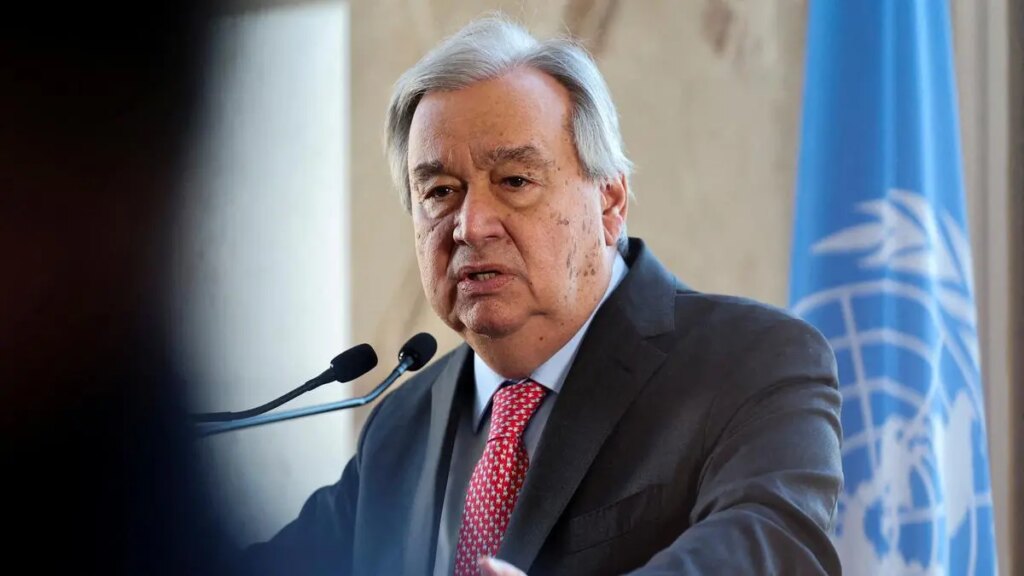
More than 60 UN agencies and operations have been ordered to propose 20% staff reductions by mid-June, as part of Secretary-General António Guterres’ “UN80” reform initiative. (A file photo)
| Photo Credit:
Pierre Albouy/Reuters
More than 60 United Nations offices, agencies and operations have been ordered to submit proposals by mid-June to cut 20 per cent of their staff, as part of a major reform effort to consolidate operations in the face of a critical funding crunch.
The cuts affect about 14,000 posts covered by the regular budget, or about 2,800 posts, UN spokesman Stephane Dujarric told reporters on Friday.
These include staff in the UN’s political and humanitarian offices, and its agencies helping refugees, promoting gender equality and dealing with international trade, the environment and cities.
The UN agency supporting Palestinian refugees, UNRWA, is also on the list.
UN Controller Chandramouli Ramanathan said in a memo to the affected agencies that the staff cuts are part of Secretary-General Antonio Guterres’ goal of achieving a reduction of between 15 per cent and 20 per cent in the UN’s current budget of USD 3.72 billion.
The cuts are part of the UN80 reform initiative launched by Guterres in March as the world body approaches its 80th anniversary later this year.
The UN chief has dismissed any relationship with the cuts to foreign aid and other programmes by US President Donald Trump.
Instead, he has pointed to shrinking UN resources over at least the past seven years as not all member states pay their yearly dues and many don’t pay on time.
The US, with the world’s biggest economy, is expected to pay 22 per cent of the regular budget, while China, with the second-largest economy, recently had its share raised to 20 per cent.
Last year, 152 of the UN’s 193 member nations paid their dues in full, including China, but 41 countries did not, including the US.
The controller’s memo, obtained Thursday night by The Associated Press, gives advice to the heads of agencies on which posts to cut: “Assess functions based on efficiency; Prioritise based on impact; Target redundant, overlapping or non-critical functions or roles for consolidation or abolition.” Guterres and his predecessors in past decades struggled to reform the United Nations, which was established following World War II, and bring it into a modern era with different powers, new technology and greater global divisions.
One key problem is that while the secretary-general is the UN’s chief executive, power rests with the 193 member nations, which have very different ideas about the UN and the world.
The proposed cuts must be submitted to the controller by June 13.
Dujarric said they will be incorporated into Guterres’ proposed 2026 budget, to be adopted by the General Assembly in December.
The UN’s 11 peacekeeping missions are financed by a separate budget, and many of its far-flung agencies and operations are funded entirely by voluntary contributions, including the Rome-based World Food Programme, known as WFP.
Several UN agencies were already planning to slash jobs or cut costs in other ways, with officials pointing to funding reductions mainly from the United States and warning that vital relief programs will be severely affected as a result.
WFP is expected to cut up to 30 per cent of its staff, and the head of the U.N. refugee agency UNHCR said it would downsize its headquarters and regional offices to reduce costs by 30 per cent and cut senior-level positions by 50 per cent, according to internal memos obtained by the AP.
Other agencies, including UNICEF, the UN children’s agency, and OCHA, the UN humanitarian agency, have also announced or plan to make cuts.
Published on May 31, 2025

